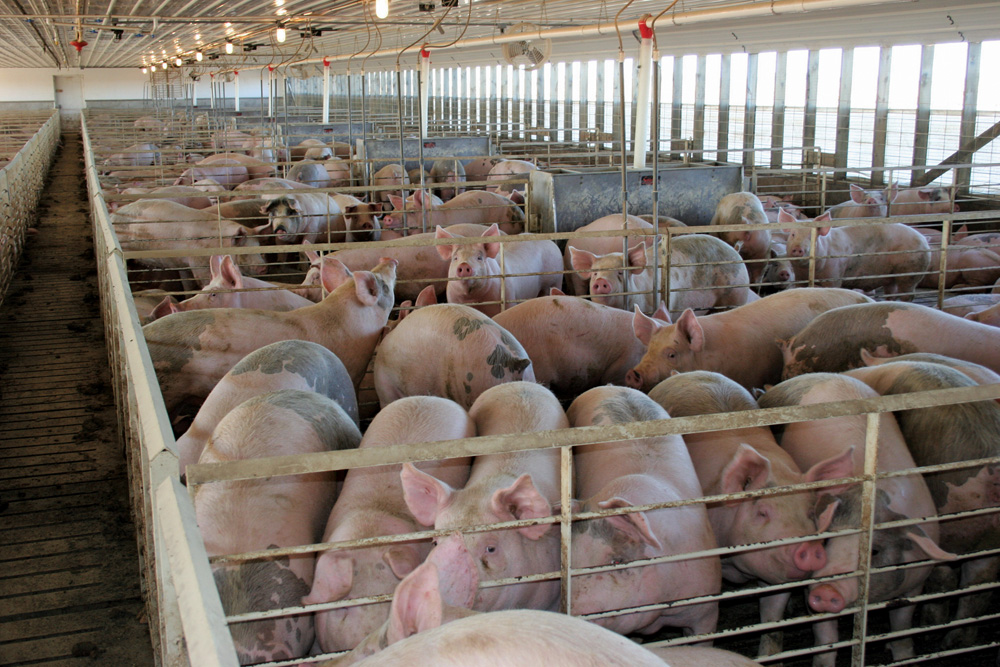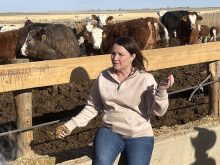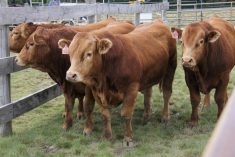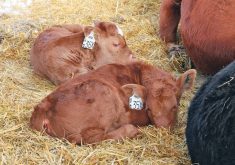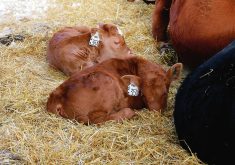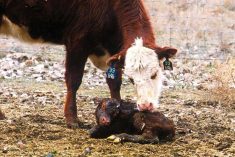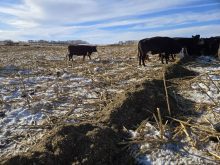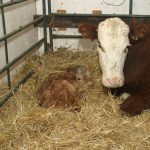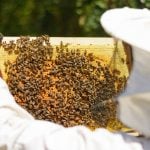A new vaccine that combats salmonella bacteria that make pigs and turkeys sick has been developed.
Vaccines generally offer protection from one type of salmonella but can leave animals vulnerable to infections from other pathogen types. It can also leave unaffected “commensal” organisms — organisms animals carry but do not adversely affect their hosts. Commensal bacteria can be passed along to people when the animal goes to market or its manure is used to fertilize crops.
The new vaccine developed by the U.S. Agriculture Research Service works on both commensal and disease-causing salmonella. It protects pigs from two types of salmomella (Typhimurium and Choleraesuis) and turkeys from Typhimurium and Heidelberg, a multi-resistant salmonella responsible for a 2011 incident that led to one of the largest meat recalls in U.S. history.
Read Also
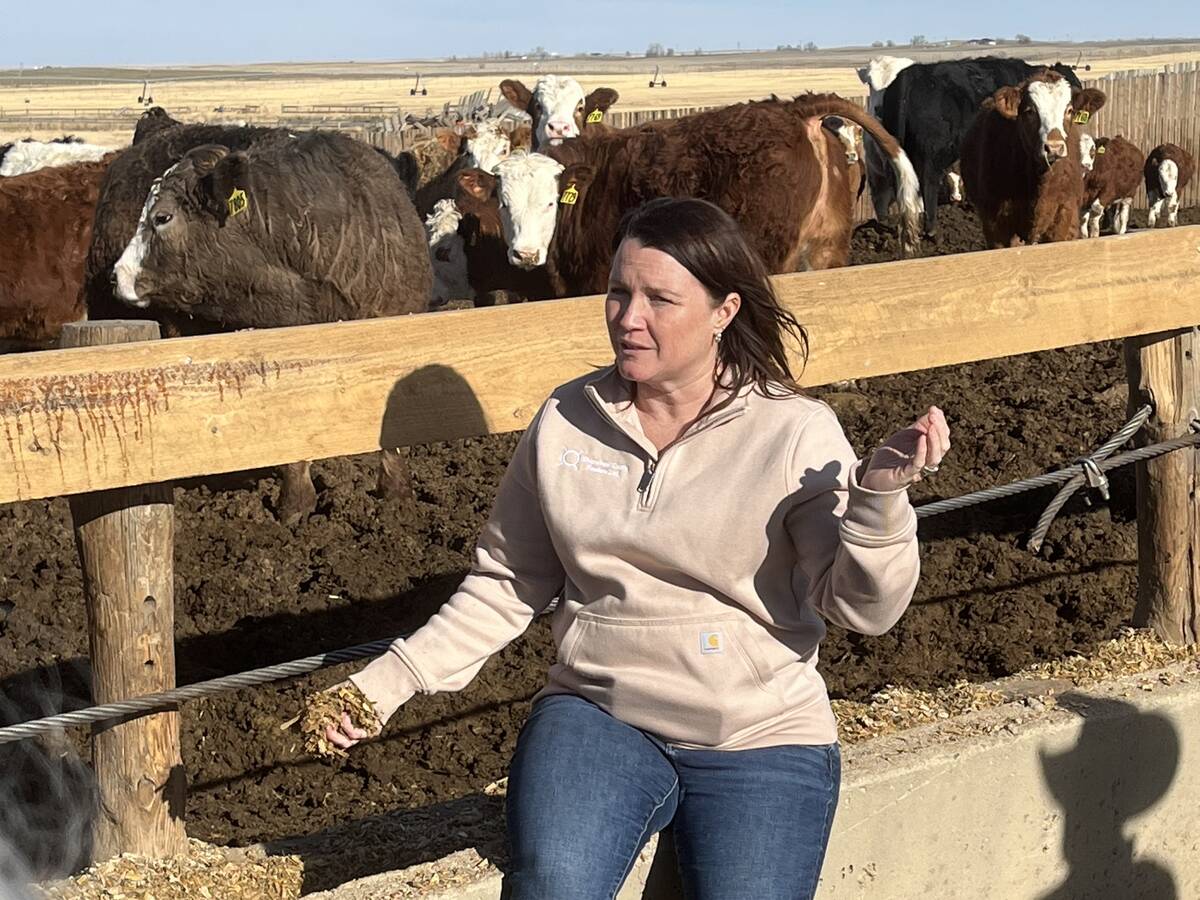
Roots of Resilience: The 50-year evolution of Shipwheel Cattle Feeders
Alberta’s Shipwheel Cattle Feeders is one of Canada’s pioneers in holistic regenerative agricultural practices.
Typhimurium is a major culprit behind food poisoning cases in humans and a common commensal salmonella in pigs, poultry, and cattle. Choleraesuis causes life-threatening disease in pigs and is a major issue for pork producers worldwide.
A patent has been filed but it’s not known how long it will take to get the vaccine to commercialization.

